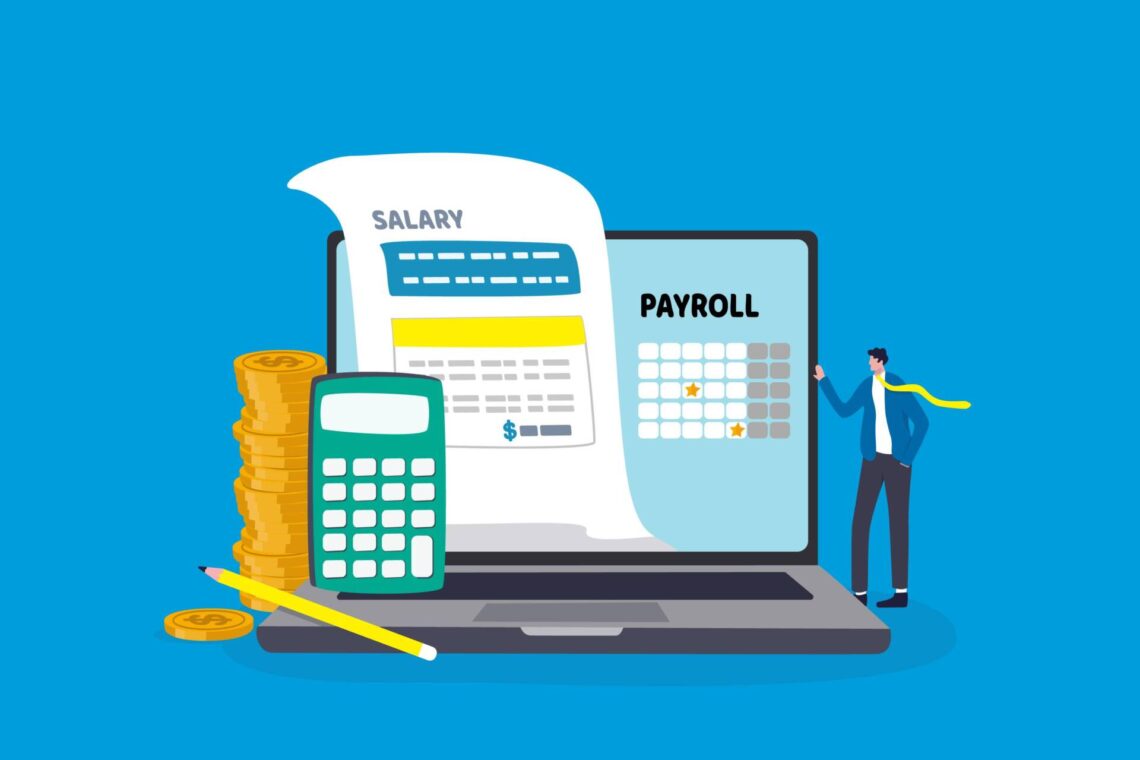As newlyweds you may be wondering how this impacts your tax situation. When it comes to lodging your tax return, the simple answer here in Australia is that nothing changes. In fact, whether you are married or in a de facto relationship each spouse will continue to lodge an individual tax return, just as they would have done prior to committing to one another.
Although you will lodge separate returns, your overall tax situation as a couple will still require some joint consideration. We’ve prepared some tips below to guide you through this process.
Understanding Your Options
In Australia, individuals earning over the tax-free threshold are required to file tax returns separately, regardless of their relationship status. However, newlyweds and de facto couples should still consider how to manage joint finances and the tax implications of their new status.
Joint Considerations
-
Income Reporting:
Even though you’ll lodge your tax returns separately, it is still essential to include your spouse’s income in your own tax return. Without this information, the Australian Taxation Office (ATO) can’t apply relevant offsets or rebates. Your accountant will ask for this information each year when preparing your return.
-
Offsets and Rebates:
Couples may be eligible for various tax offsets and rebates, such as the low-income tax offset, private health insurance rebate, and Medicare levy surcharge exemption. Understanding these can reduce how much tax you both need to pay.
-
Spouse Super Contributions:
It’s not uncommon for one spouse to earn less than the other. If the lower-income spouse (Spouse A) earns below a certain threshold, their partner (Spouse B) can contribute to Spouse A’s super fund and qualify for a tax offset. This approach boosts retirement savings while also lowering Spouse B’s taxable income. It can result in less tax paid and more money invested in your joint future.
The Benefits of lodging Separate Tax Returns
Depending on where you live in the world, lodging a joint tax return may be an option for you.
As we don’t have that option here in Australia, you may be wondering why the ATO adopted this model of individual returns and how it is beneficial to us Aussies.
-
Tailored Deductions:
Lodging separately allows each spouse to claim deductions individually. This means couples with different jobs and income streams can ensure all eligible deductions are addressed. In some cases, this results in a higher total deduction compared to a joint return.
-
Individual Control:
While tying the knot or entering a de facto relationship brings two people together in many ways, lodging separately helps each spouse maintain control over their own finances and tax responsibilities.
There’s often a question about whether separate lodging could cause missed offsets or rebates, leading to a higher tax bill. That won’t happen in Australia if you’ve correctly reported your spouse’s income in your tax return.
Most offsets and rebates introduced in Australia (such as those seen during COVID) are applied at the individual level. The exception is the Family Tax Benefit, administered through Centrelink at the family level. If eligible and registered, it’s automatically issued through Centrelink once both spouse tax returns are processed.
Despite lodging separately, we recommend that our married and de facto clients book their tax returns at the same time. It streamlines the process and allows us to finalise both quickly with all relevant details on hand.
Tips for Maximising Your Tax Benefits
-
Keep Detailed Records:
Keep detailed records of your income, expenses, as well as any deductions or offsets you intend to utilise. By doing so, you will simplify the process of lodging your tax return and avoid overlooking any possible tax advantages. The ATO requires you to keep records such as receipts for five years from the date you lodge your return.
-
Review Your Superannuation:
Contributions to superannuation can have a notable effect on your tax position. By reassessing your super contributions and adding more if feasible, you can enjoy tax advantages and enhance your retirement funds.
-
Plan for the Future:
You’ve made a commitment to your partner, now it’s time to think about your long-term financial objectives. Effective tax planning is key to reaching your goals, so dedicate time to strategize your finances collectively and make well-informed choices together.
-
Consider Professional Advice:
Tax laws can be confusing, and to make things worse, they can change often too. This is where getting advice from a tax professional can provide a lot of value. They’ll be able to offer up-to-date advice tailored to your specific situation, while ensuring you stay compliant. Yes, you will have a small out-of-pocket expense up front for their services, but often you’ll walk away with a much bigger tax saving due to the knowledge and expertise they bring to the table.
Fun Fact: Accounting services can be claimed on your next tax return as a deduction.
To Sum it Up…
Navigating the Australian tax system as newlyweds or as a de facto couple might appear overwhelming. However, understanding your options and planning strategically can lead to significant tax advantages. To enhance your tax situation, keep detailed records, seek advice from experts, and align your financial plans with your future goals. While you’re required to lodge individually, jointly discussing your finances can help in making wise decisions for your life together.
If you’d like some assistance with your personal or business tax return, please don’t hesitate to get in touch or book an appointment online.
For more information on our services, please follow the links below:





